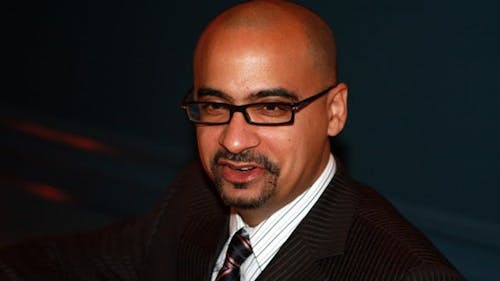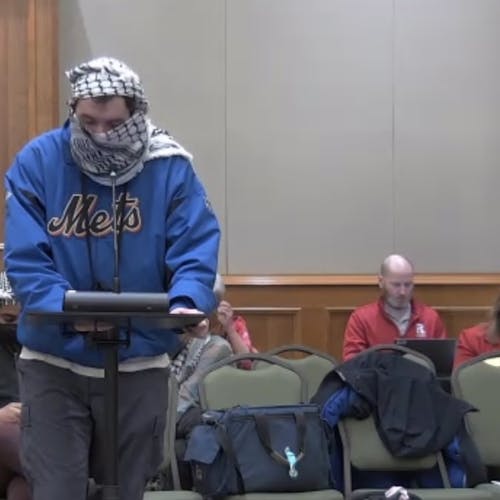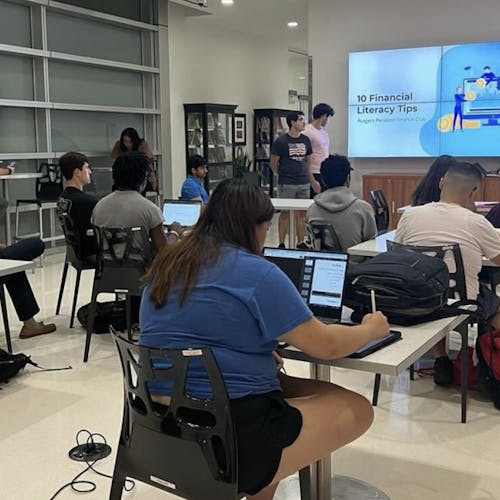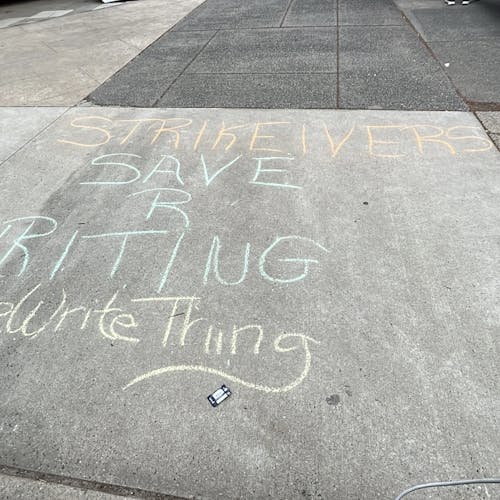Author & Rutgers alumnus Junot Diaz discloses his experience with sexual abuse

Rutgers graduate and Pulitzer Prize winner, Junot Diaz, recently revealed a secret he hid from the world all his life — his experience as a victim of sexual abuse.
In the piece titled, “The Silence: The Legacy of Childhood Trauma,” published by The New Yorker, he details the experience of being raped at the age of 8.
“My rape defined me,” he said in his essay for the New Yorker.
Diaz explained that his rape completely and irrevocably changed his way of life, ceasing any opportunity to live normally.
“(The rape was) by a grownup that I truly trusted. His essay revealed that the adult said he had to return the next day or else. He was then raped again.
The author described how suppressing the truth as a public figure silenced and traumatized him, leading to a spiralling depression that was never treated.
“I never got any kind of help, any kind of therapy, I never told anyone,” he wrote.
Diaz, who grew up in Middlesex County, said that he attempted suicide his senior year of high school.
"By 14, I was holding one of my father's pistols to my head," he said.
His suicide attempts continued. He later downed three bottles of pills that were leftover from his brother’s prescription as a cancer patient.
Diaz said he would have continued his suicide attempts, but something stopped him — an acceptance letter to Rutgers University.
"At Rutgers I buried not only the rape but the boy who had been raped — and threw into the pit my family, my suffering, my depression, my suicide attempt for good measure," Diaz said.
The alum, now a Creative Writing professor at Massachusetts Institute of Technology explained how his abuse was detrimental to all aspects of his life, from his relationships to his writing.
He said that once during a book signing, a fan asked if he was a victim of sexual abuse, since the subject is so prevalent in his literature.
“You caught me completely by surprise,” he said in the essay, speaking directly to that fan. “I wish I had told you the truth then, but I was too scared in those days to say anything. Too scared, too committed to my mask. I responded with some evasive bullsh*t. And that was it.”
The alum said he still struggles with depression, but now goes to therapy twice a week and is more open about his hidden past.
This year, sexual assault has been a widely discussed topic. People from all different backgrounds have come forward and spoken their truth, using the #MeToo.
In February, the founder of the #MeToo movement Tarana Burke came to Rutgers and spoke about the real meaning behind the campaign.
"One of the big misconceptions is that this is a movement about taking down powerful men, that it's a witch hunt. I’ve never had a person come to me and say, ‘I want to take down this person.’ They come and say ‘I need help,'" Burke said.
In October, former Vice President and sponsor of the “It’s On Us” movement, Joe Biden, visited Rutgers to praise the University for its commitment to preventing sexual assault on campus.
Both, Burke and Biden commented on the affect sexual assault has on women.
Diaz brought a unique angle on the issue as a male victim and discussed how growing up as a male rape victim made him feel less of a man.
“‘Real’ Dominican men, after all, aren’t raped. And if I wasn’t a “real” Dominican man I wasn’t anything. The rape excluded me from manhood,” he wrote in the essay.



